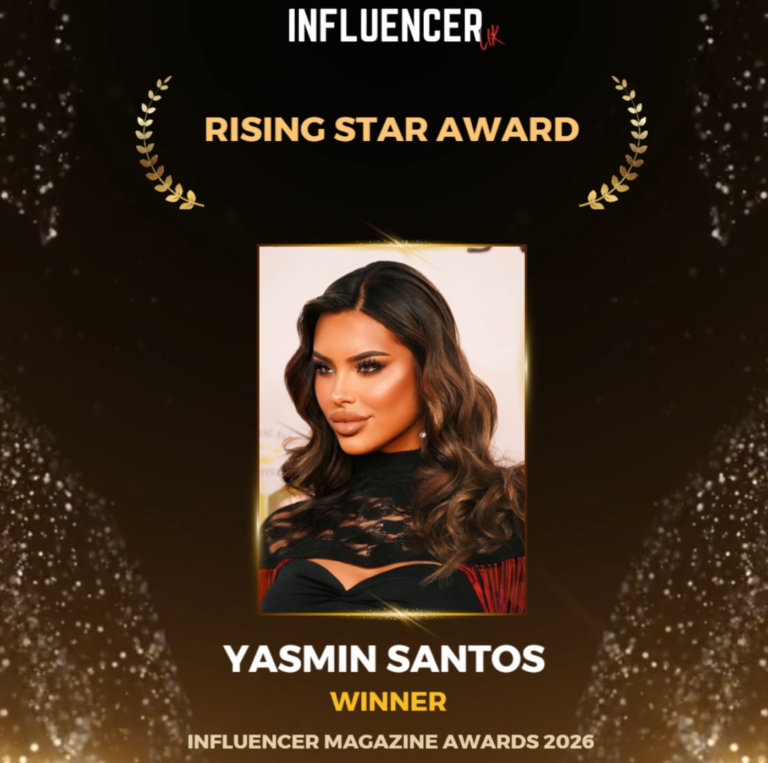
As we navigate the transformative landscape shaped by artificial intelligence (AI) and the influence of social media, the realm of education finds itself at a crossroads. The convergence of AI technologies and the era of influencers has redefined how knowledge is accessed, disseminated, and absorbed. Here’s an exploration of the impacts on education in this dynamic era.
1. Access to Information: In the age of AI, information is abundantly available, transcending geographical boundaries. AI-driven platforms facilitate personalized learning experiences, tailoring educational content to individual needs. This accessibility reshapes traditional notions of education, allowing learners to explore diverse subjects at their own pace.
2. Influencer-Led Learning: Influencers, often prominent figures in various fields, wield significant influence over their audiences. The education landscape witnesses the emergence of influencer-led learning, where influencers collaborate with educational platforms or create content that imparts knowledge in engaging and relatable ways.
3. AI-Powered Personalization: AI algorithms analyze learning patterns, adapting educational content to suit individual preferences. This personalized approach caters to diverse learning styles, optimizing the educational experience for each learner. From AI-driven tutoring to adaptive learning platforms, technology is enhancing the effectiveness of education.
4. Skills for the Future: The influence of AI underscores the importance of cultivating skills that align with emerging technologies. Education must evolve to equip learners with critical thinking, problem-solving, and adaptability—skills essential in an AI-driven world. Influencers, through their platforms, contribute to shaping the narrative around acquiring these future-focused skills.
5. Global Learning Communities: Social media and AI connect learners across the globe, fostering diverse and collaborative learning communities. Influencers, functioning as educational catalysts, bring global perspectives to their audiences, enriching the educational experience beyond traditional boundaries.
6. Challenges of Misinformation: The era of influencers and AI-powered content also poses challenges related to misinformation. Educators must navigate through a sea of information, teaching learners to critically evaluate sources and discern credible information—a crucial skill in the digital age.
7. Democratization of Education: AI-driven platforms and influencer-led initiatives contribute to the democratization of education. Learners from various socio-economic backgrounds gain access to quality educational content, reducing barriers to entry and fostering inclusivity.
8. Evolving Pedagogical Approaches: The integration of AI and influencers prompts a reevaluation of pedagogical approaches. Educators incorporate interactive and multimedia elements inspired by influencers’ engaging content. Adaptive learning technologies, guided by AI, allow for dynamic and responsive teaching methods.
9. Ethical Considerations: Education in the AI and influencers era necessitates a focus on ethical considerations. Educators must instill values of responsible AI use, digital citizenship, and ethical influencer practices to ensure a balanced and ethical educational landscape.
10. Lifelong Learning Mindset: The evolving landscape emphasizes the importance of a lifelong learning mindset. AI and influencers contribute to a culture where learning is continuous, dynamic, and adaptable to the evolving demands of the digital age.
In conclusion, education in the era of AI and influencers undergoes a profound transformation, offering unprecedented opportunities and challenges. As technology and influential figures shape the educational landscape, fostering a balance between personalized learning, critical thinking, and ethical considerations becomes imperative. The synergy between AI and influencers has the potential to redefine education, empowering learners to thrive in an ever-changing world.








